'Author to watch' Libby Page's new novel, The 24 Hour Cafe, is about the other kind of love: female friendship
It's the follow-up to her bestselling debut, The Lido.
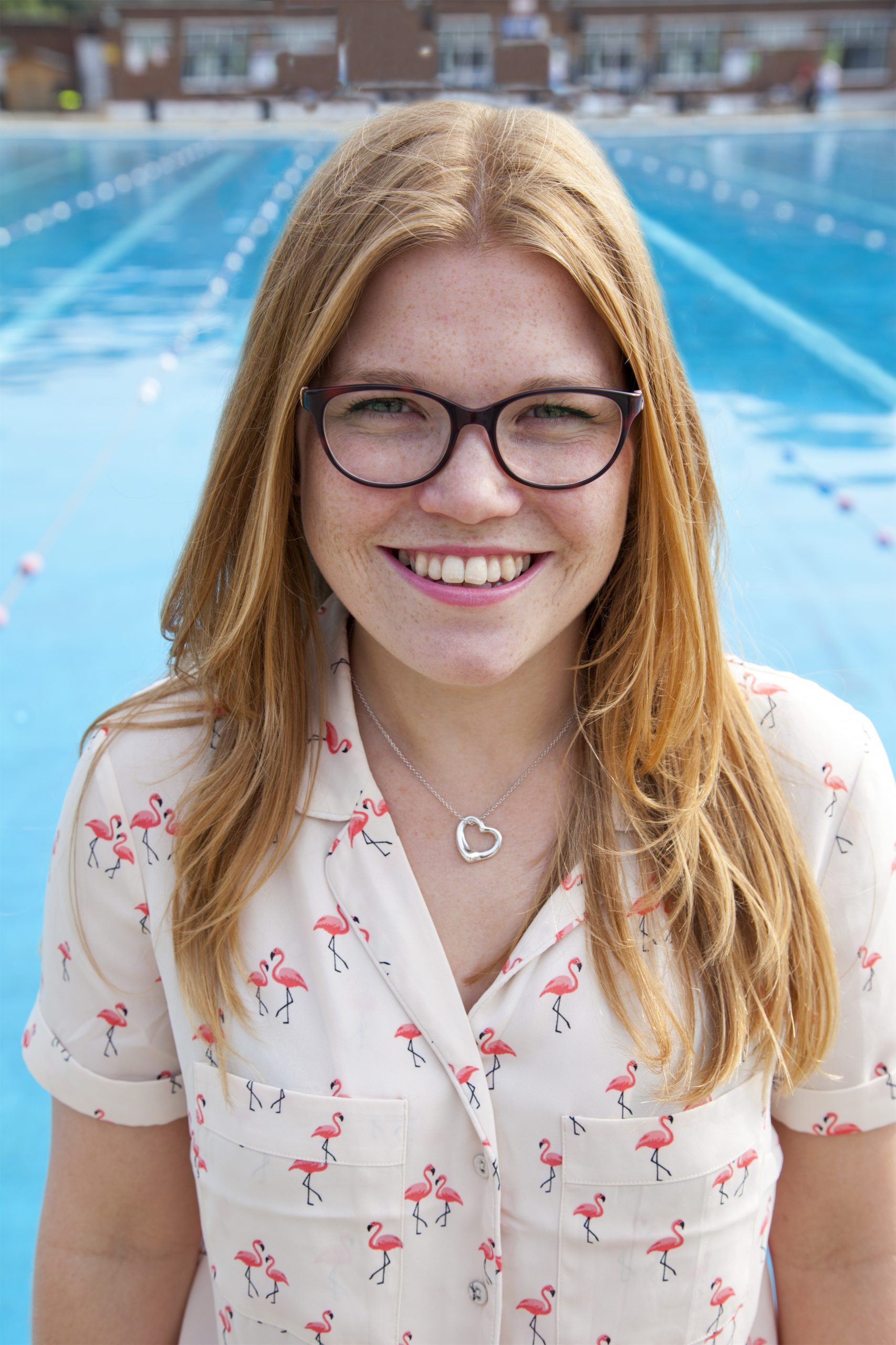
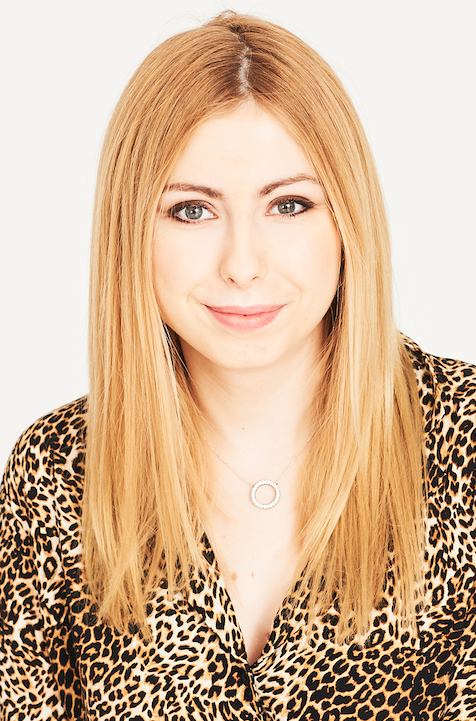
Writer Libby Page reveals to Woman&Home how she continued to find inspiration all around her for the heartfelt plot and characters of her new book, The 24 Hour Café.
Libby Page’s breakout debut, The Lido, was one of 2019’s summer must-reads, and an instant bestseller. It resonated with many women, and as a result became one of those book club book recommendations that was discussed eagerly between friends and colleauges. The focus on community and friendship that made The Lido so beloved follows through to Libby's new book, The 24 Hour Café - about a café that never sleeps.
We chat to Libby Page about her new book and life since becoming a best-selling author...
Libby Page Q&A
What was the central theme you focused on with The 24 Hour Café?
I wanted to write about friendship. Hannah and Mona are the two lead characters in this book and it can almost read like a love story. Romantic love is amazing, but it’s only one type of love. Films and books centre on this a lot. I am lucky enough that I’m in a romantic relationship but I also have all these friendships that are actually just as rich and meaningful.
My Irish stepdad has a ‘pub friend’. It may not be a friend you’d tell your darkest secrets to, but that doesn’t mean they’re not special to you. It’s still someone you like spending time with. Not all friends have to serve the same purpose in your life.
Do you think friendship and romantic love are equally as important?
Sign up for the woman&home newsletter
Sign up to our free daily email for the latest royal and entertainment news, interesting opinion, expert advice on styling and beauty trends, and no-nonsense guides to the health and wellness questions you want answered.
There can be too much pressure on what our romantic partners should be to us. When I met my fiancée I had this idea that he should be my everything, but of course you need your female friends too. I can spend hours talking to them in a way I can’t with my partner, Bruno. He’s great but he doesn’t want to analyse things the way my friends and I do. I’ve known some of my friends since I was young, and we have shared experiences I won’t have with others. They are a great source of support for me.
Why did you choose a café in particular as the setting for your new book?
When I was considering the setting for The 24 Hour Café I had to think of somewhere with the potential for lots of stories. That was when I came up with Liverpool Street station - a big station with offices nearby, Shoreditch for lots of people going on a night out, and the Stanstead Airport Express so people are constantly leaving and arriving.
One of the things I find fascinating about living in a city is that our lives are brushing up against so many other people. You may be sitting on a train next to someone who has had a similar experience to you, or you may have a connection to someone you’re unaware of. A café seemed the perfect environment to talk about those stories.
How does living in a city inform or inspire your writing?
Living in a city is fascinating. I grew up in the countryside, which I loved, but I do find London so rich. I often find myself asking questions like, ‘Why is that person sitting in a café alone at 2am?’ That says a lot about their life. This book was a good opportunity to not only talk about Hannah and Mona and what’s going on with them, but also about all these other people coming and going.
How did the 24-hour timeframe affect the way you wrote?
There was a lot of editing - more so than The Lido. The book I wrote originally, compared to the edited one is very different. There were so many stories to keep going whilst still building empathy for the characters, but as in real life - some people come and some go. You may experience one seismic moment with a person and that’s all, whereas other experiences are bound to be richer and take up more of your life.
What techniques did you use to help you plan everything out?
I had a big pinboard with each hour on it. I then had to choose who was featured in each of those hours. Putting the stories side-by-side means you aren’t just constantly reading about sad events and experiences; there is a lot of joy too. The reality of life is that there’s light and shade.
How do you feel about being categorised as an ‘uplit’ writer?
Uplit didn’t exist as a category when I was writing The Lido. I do like the idea of uplifting literature, though, as I have always been an optimist. But that doesn’t mean there aren’t moments of unhappiness. We put a lot of emphasis on tragedy, but when I walk down the street I see so many acts of kindness too.
Quite recently, I was driving and got lost. As a nervous driver, I felt a panic attack coming on. I pulled up, sat down on the side of the road and sobbed. A lady walking her dog stopped and sat with me.
She comforted me and told me that sometimes she felt panicky driving and that I was brave for even doing it. I didn’t know who this woman was, but I still think about how lovely she was. That’s all it takes sometimes.
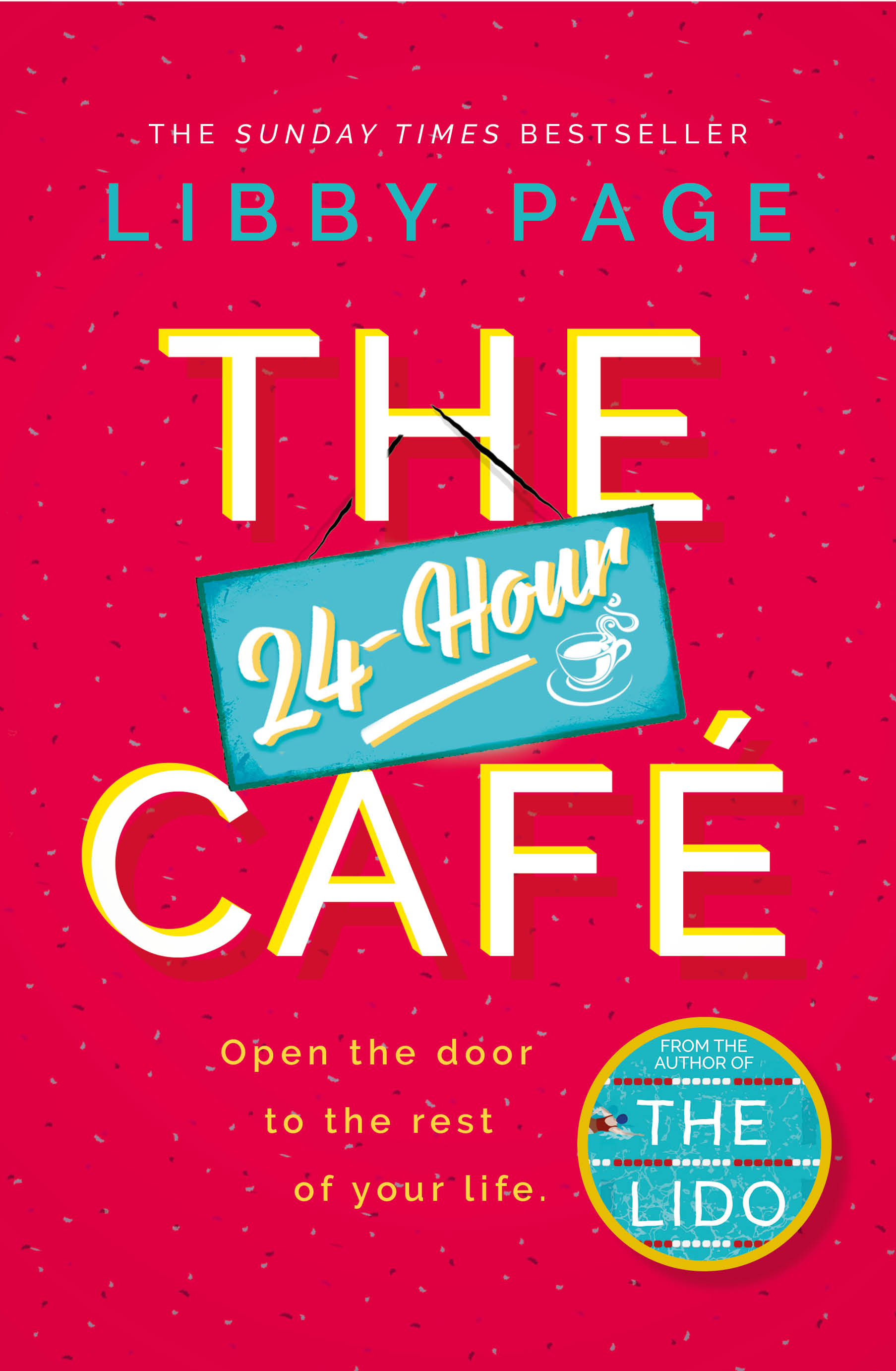
SHOP NOW: £12.99, The 24 Hour Cafe, Amazon
Do you find inspiration in the people around you?
I’m fascinated by other people’s stories. Although my characters are fictional, there are incidents in my own life and others that I draw on. I have a lot of empathy for people – sometimes too much, but I find writing and filtering these stories through my characters means I’m not dwelling on these issues as my own.
Did you ever imagine your debut, The Lido, would be as successful as was?
I was so surprised at its success and I’ve always written stories so when I was working on The Lido I didn’t really think about the end result.
There were many points when I was writing it where I thought, ‘OK, I don’t think this is the one and I may have to shelve it’, so when it got published, I still felt self-critical. Anything you create you always think you can do better so I was very happy when I realised it was doing so well.
What memorable reactions to your success have you experienced?
My neighbours saw me in a newspaper so they cut my face out in the shape of a heart and pinned it to my door! This made me laugh. I had recently been chosen as an ‘author to watch’, which was quite special. I thought it was such a sweet thing to do. There are nice people out there – you just have to keep your eyes open.
Emma is a Royal Editor with eight years experience working in publishing. She specialises in the British Royal Family, ranging from protocol to outfits. Alongside putting her royal knowledge to good use, Emma knows all there is to know about the latest TV shows on the BBC, ITV and more. When she’s not writing about the latest royal outing or unmissable show to add to your to-watch list, Emma enjoys cooking, long walks and watching yet more crime dramas!
-
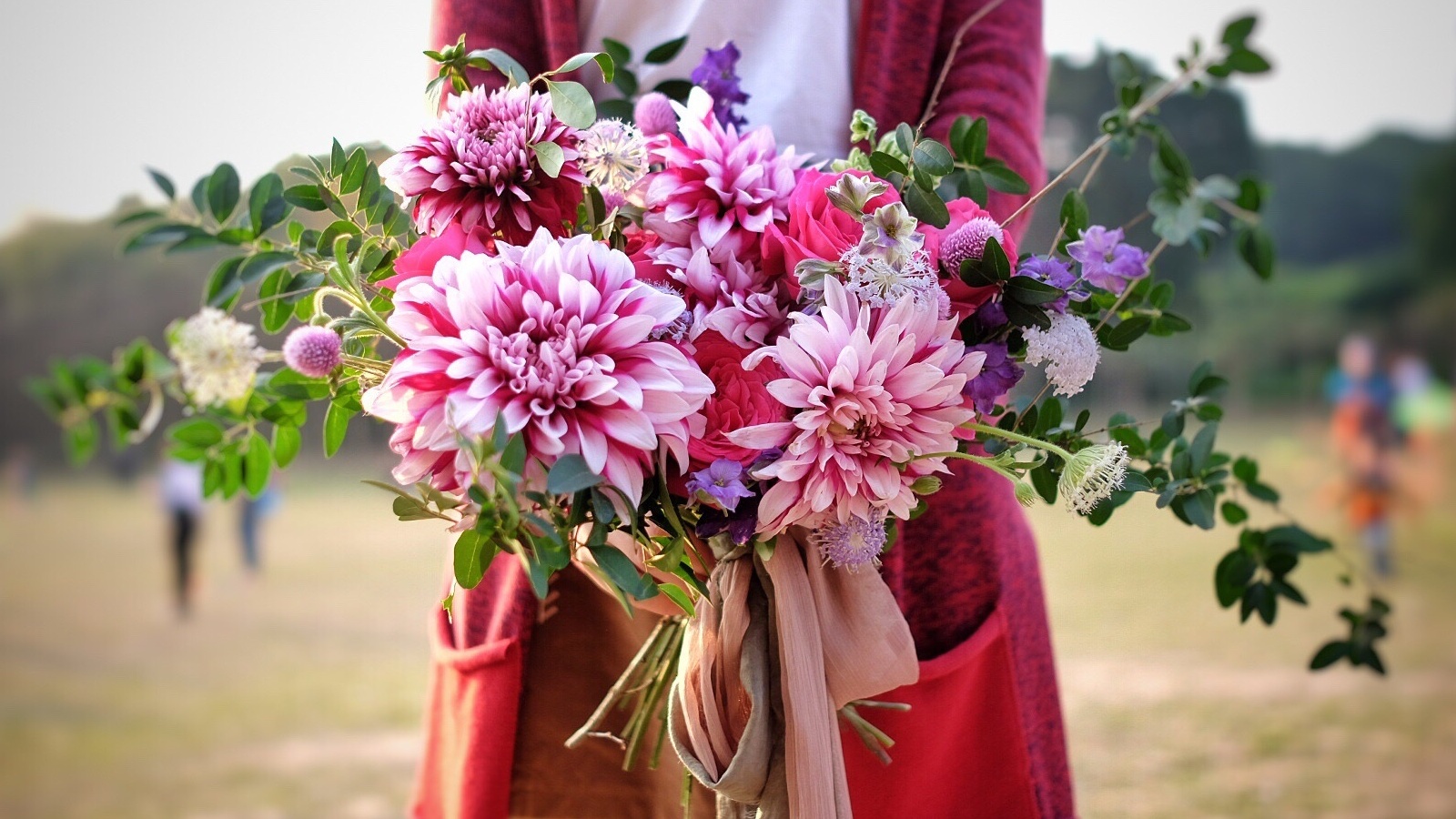 Do you know what your stems are saying? These are the most popular flowers and what they symbolise
Do you know what your stems are saying? These are the most popular flowers and what they symboliseI break down different flowers and what they symbolise so that you can say more whilst speaking less with a truly beautiful bouquet
By Laura Honey
-
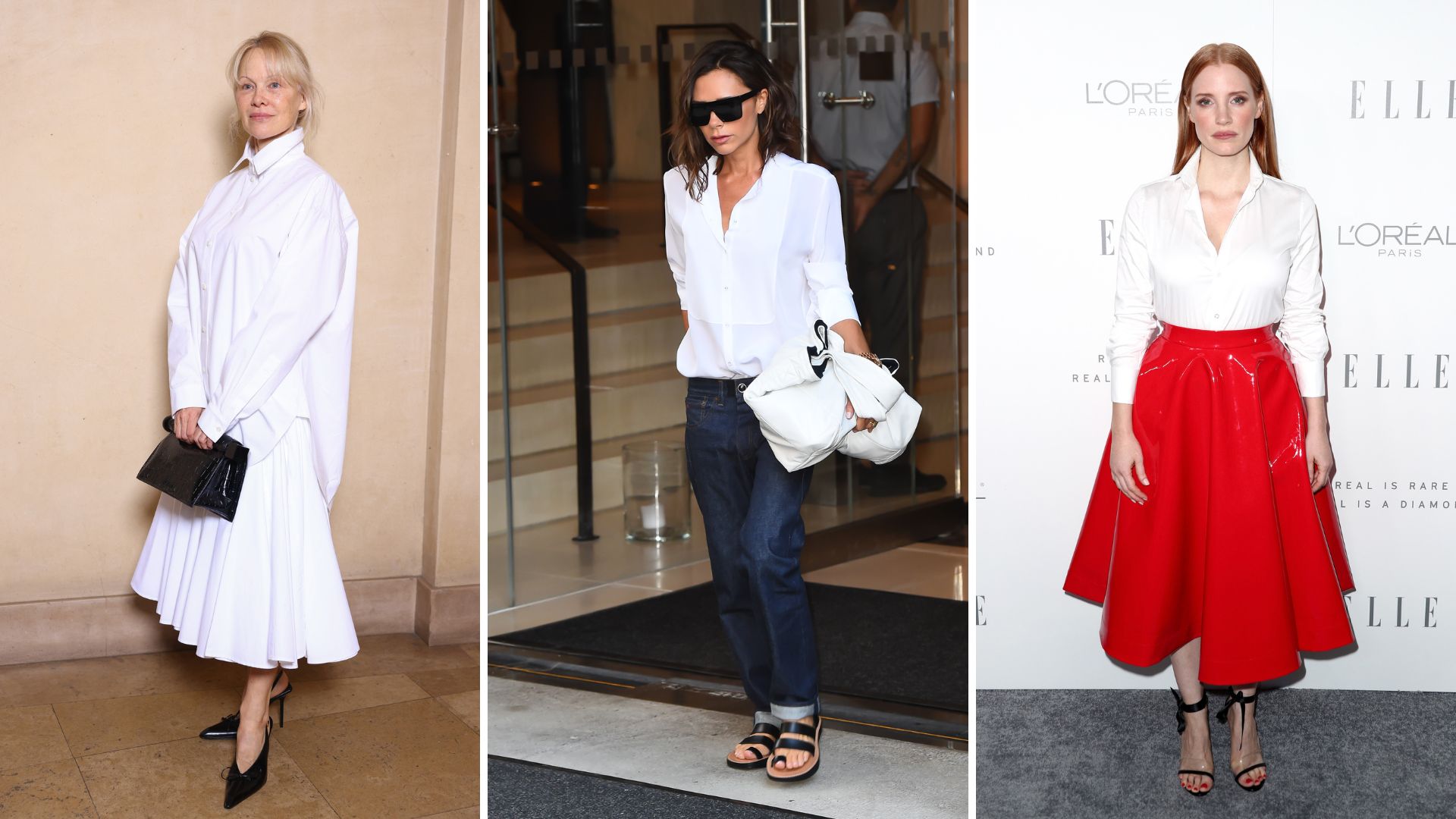 Celebrities who built their looks around a simple, timeless white shirt
Celebrities who built their looks around a simple, timeless white shirtA white shirt should be in every woman's wardrobe - and these celebrities prove all the ways to expertly style one
By Jack Slater